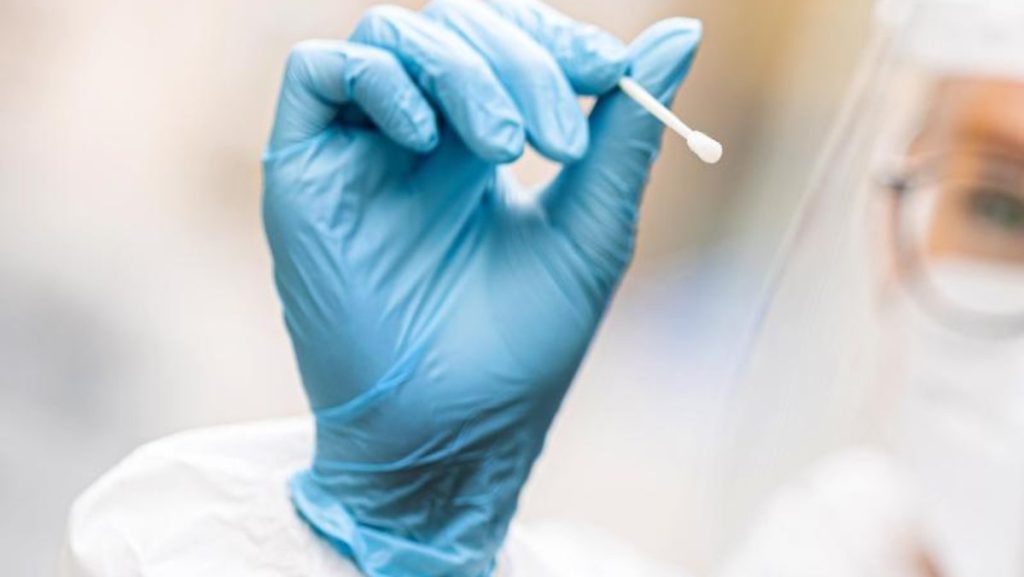Thursday 02 December 2021
Two possible interpretations
RKI: It is not clear why the infection rate has not increased sharply
After the peak at the start of the week, the coronavirus infection rate has fallen slightly nationwide. Will the infection process subside again? RKI describes this as a possibility in its current weekly report. But it is also possible to envisage another, less pleasant interpretation.
The rapid increase in infections nationwide has weakened in recent weeks – it has even recently declined slightly. According to the Robert Koch Institute (RKI), there is no clear explanation for this trend. It could be “the first indication of a slightly weak dynamic” in the case of infection, writes RKI in Current Weekly Report. But at the regional level, it could also be due to “the increasing capacity burden in public health services and the exhaustion of laboratory capacities”. Infection pressure in the population has remained high in the past week.
The nationwide seven-day infection rate recently decreased slightly for the third time in a row. The RKI recently stated that the value of new infections per 100,000 inhabitants in the past seven days is 439.2. On Monday, the highest level of the epidemic was reached at 452.4, and the value decreased slightly in the following days. A month ago, the infection rate was 154.5.
The weekly increase in the number of PCR tests and the growing need for sequencing is putting more pressure on laboratories, according to RKI. Laboratories in some areas are within their capacity. The FDA therefore advises a critical examination of cases where PCR tests still need to be performed. As an example, she cited the limitations of PCR tests with which people in contact can shorten quarantine time. In some cases, “high-quality rapid antigen tests” should be used instead.
RKI also reported the new Omikron variant: in Germany, four cases had been confirmed by Wednesday with the variant (VOC) classified as “worrying”, which was first detected in South Africa. “All cases confirmed by genome sequencing are returning travelers from South Africa,” writes RKI. She added that the four people were vaccinated and none of them had to go to the hospital to receive treatment. They all showed only mild symptoms.
According to RKI, in eight other cases in Germany, Omikron is suspected, and these cases are currently verified by genome sequencing. However, experts assume that an event that actually goes beyond that will occur. According to the European Union health authority ECDC, ten cases of Omikron were confirmed in Germany on Thursday afternoon omicron update from ECDC. So far, 77 cases of infection have been detected in 13 countries and two in Norway and Iceland from outside the European Union.

“Total coffee aficionado. Travel buff. Music ninja. Bacon nerd. Beeraholic.”








More Stories
Coral Seeding: Artificial Insemination Makes Coral More Heat Tolerant
Fear, Anger, and Denial: How People Respond to Climate Change – Research
LKH Graz: Using radiation to combat heart arrhythmias